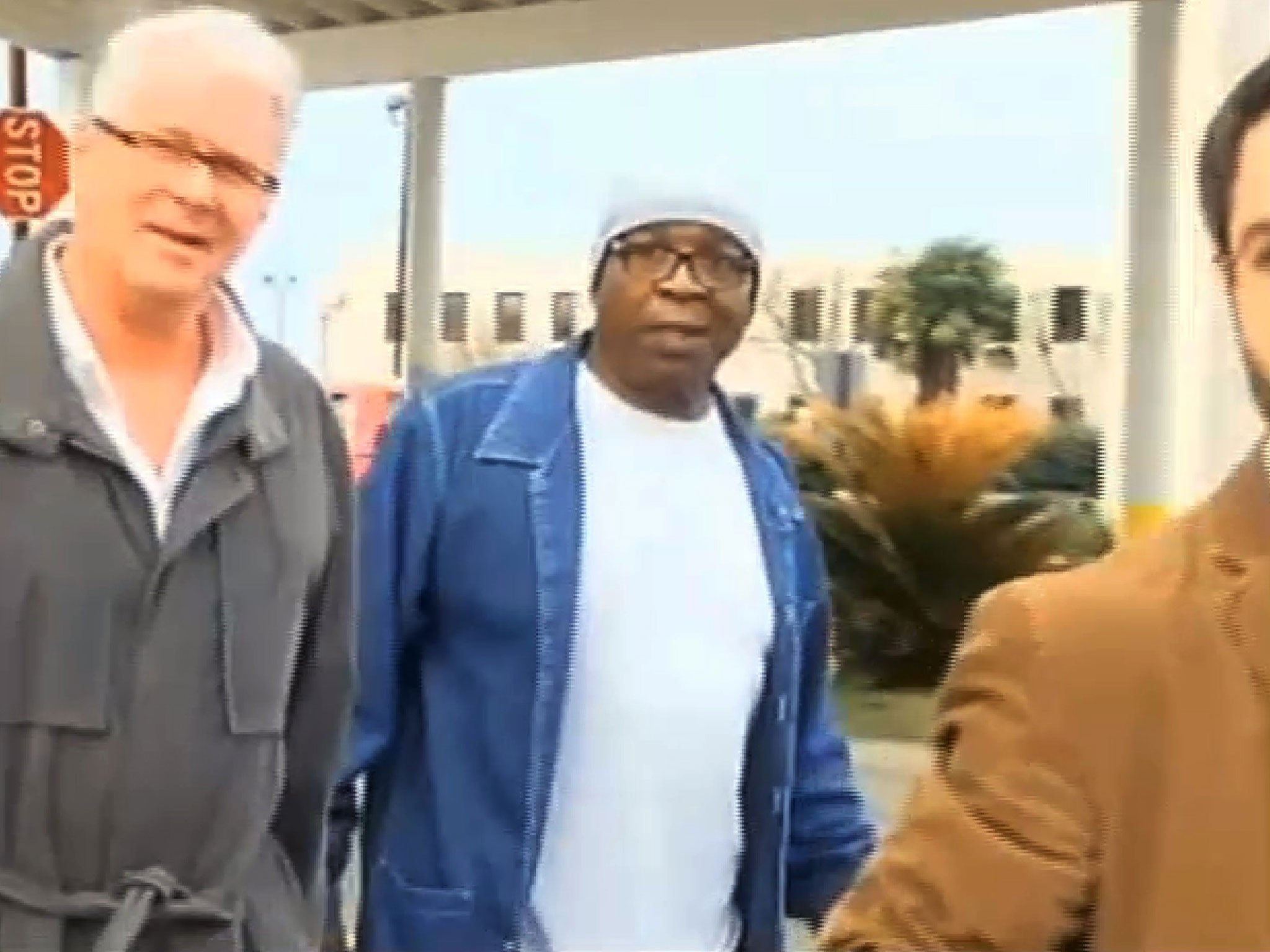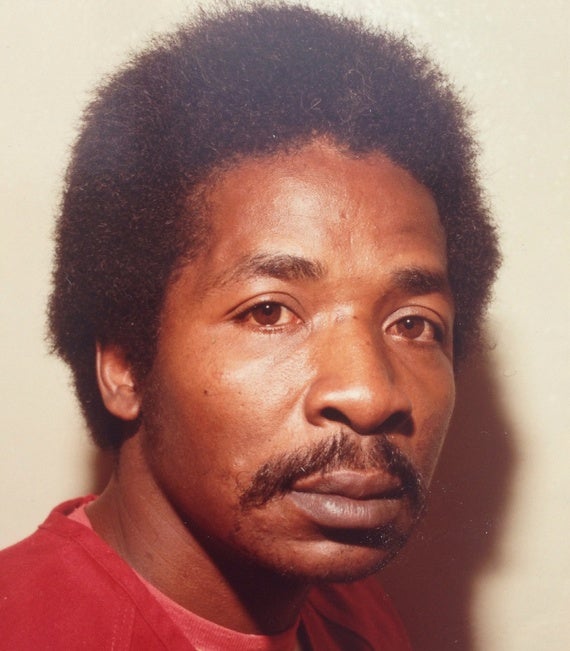Glenn Ford innocent: Longest serving death row prisoner released after spending nearly 30 years behind bars for a crime he didn't commit
Glenn Ford found guilty of first-degree murder in 1988 by an all-white jury
How do you eloquently illustrate the impact of losing nearly 30 years of your life?
Glenn Ford, Louisiana's longest-serving death row prisoner, released today after spending nearly 30 years behind bars for a murder he did not commit, managed to neatly encapsulated his loss in a single quote: "My sons, when I left, was babies. Now they grown men with babies."
Interviewed by CNN directly after his release, dressed in a denim shirt, hat and dark-rimmed glasses, Ford, now 64, responds with remarkable good grace when asked by a reporter whether he harbors any resentment: "Yeah, because I was locked up almost 30 years for something I didn't do."
"It's resentment, not feeling bitter".
When asked by the same reporter what he's lost he replies: "thirty years of my life, if not all of it. I can't go back and do anything I should have been doing when I was 35, 38, 40 stuff like that."
Asked how it feels to be released: "My mind's going all kinds of directions, but it feels good," he says.
Ford is now a free man after being on Louisiana’s death row since August 23, 1988 for the murder of Isadore Rozeman, a Shreveport jeweller and watchmaker for whom Ford did occasional yard work. Convicted by an all-white jury Ford has always denied killing Rozeman and always disputed the verdict.
For decades Ford maintained his innocence and filed multiple appeals.

State District Judge Ramona Emanuel on Monday took the step of voiding Ford's conviction and sentence based on new information that corroborated his claim that he was not present or involved in Rozeman's death, Ford's attorneys said.
"We are very pleased to see Glenn Ford finally exonerated, and we are particularly grateful that the prosecution and the court moved ahead so decisively to set Mr Ford free," Gary Clements and Aaron Novod, attorneys for Ford from the Capital Post Conviction Project of Louisiana, said in a statement prior to his release.
The attorneys said the trial had been "profoundly compromised by inexperienced counsel and by the unconstitutional suppression of evidence, including information from an informant."
Last Thursday, prosecutors filed a motion to void Ford’s conviction, saying that in late 2013 "credible evidence" came to their attention "supporting a finding that Ford was neither present at, nor a participant in, the robbery and murder of Isadore Rozeman."

There were also claims that a police report related to the time of the crime and evidence involving the murder weapon, had been suppressed.
Under Louisiana law Mr Ford is now entitled to claim compensation for his time served.
The state allows for an award of $25,000 (£15,000) for every year a wrongly convicted person spends in prison - up to a limit of $250,000 (£150,000), and $80,000 (£48,000) for 'lost life opportunities'.
In Mr Ford's case this means he will receive around £7,600 for every year he spent in prison.
Join our commenting forum
Join thought-provoking conversations, follow other Independent readers and see their replies
Comments